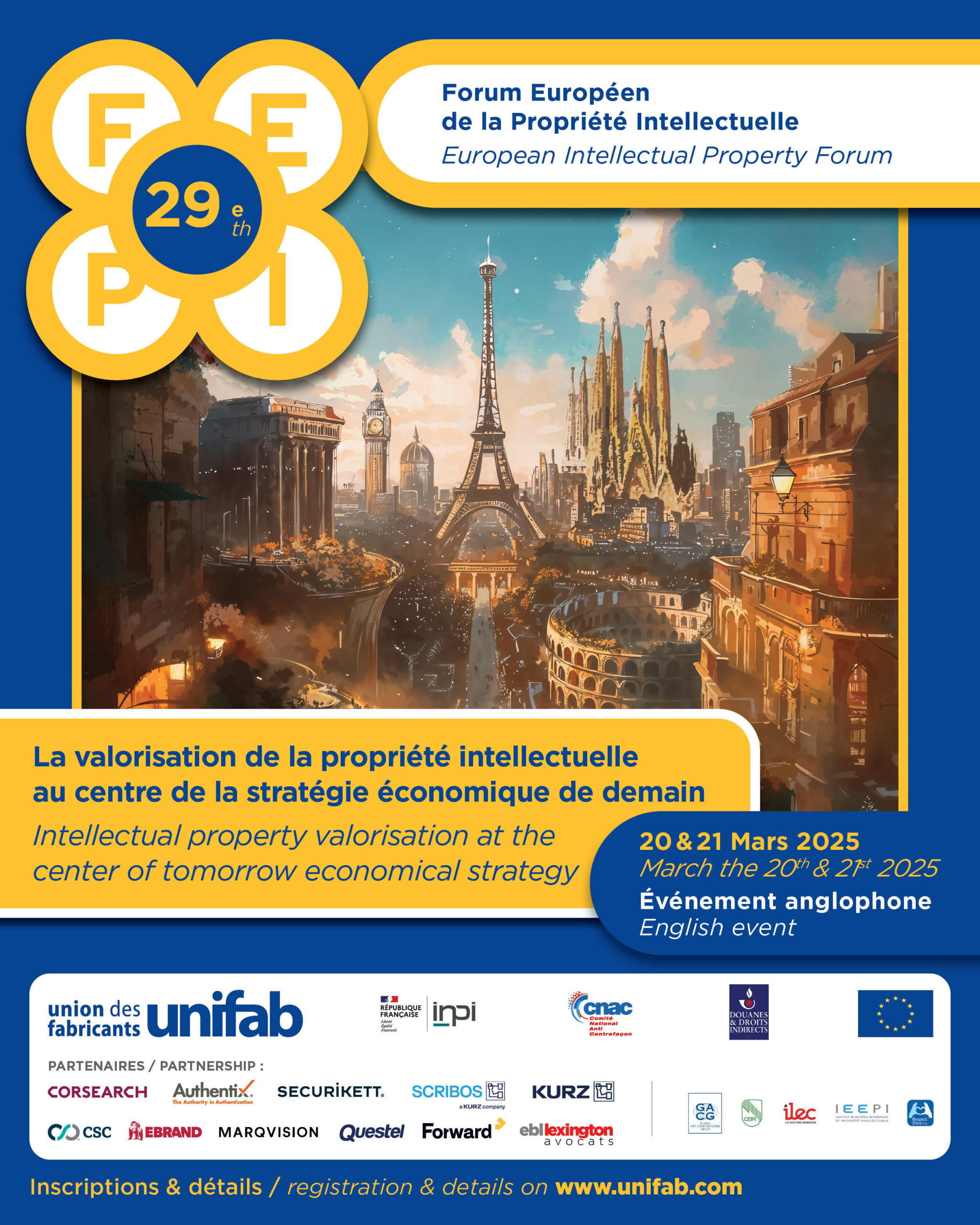Quiz – Consumer Awareness Campaign
1-) What is counterfeiting?
The total or partial illegal reproduction of a product without the authorization of its creator
CORRECT!
We talk about counterfeiting when a product is illegally reproduced. Counterfeiting concerns all sectors, when a brand is forged, a logo imitated or modified, when the appearance of a product leads the consumer to confusion or when a cultural work is obtained without any authorisation (plagiarism and illegal downloading for example).
2-) What is the percentage of French consumers who have bought a counterfeit without knowing it?
37%
CORRECT!
Indeed, according to a survey carried out by the IFOP for the Unifab, 37% of French people bought a fake product thinking it was authentic. This means that almost 4 in 10 French people were duped and paid a price close to the authentic one while running the risk to put in danger their health and safety.
3-) What is the share of audiovisual piracy represented by the 20 illicit sites most frequented by Internet users in France?
60%
CORRECT !
The share of Internet users who regularly use social networks to access illegal content concerns indeed 16% of consumers as Hadopi reported in a survey. 8% of them directly watch illegal content on social medias (this is mostly the case for Youtube) and 12% access this content via circulating links on social medias which redirect users to illegal platforms. It is important to always check the source of the content when wanting to watch something, in order to make sure of its legality. Social medias can give the impression of being able to act without any risk because the platforms are legal, but the content is not always. We have to
remain vigilant!
4-) From which country do most of the counterfeits come from?
China
CORRECT!
According to the annual customs seizure report, it appears that out of 4.5 million products seized in 2019, almost 80% of them came from China.
5-) What can be the risks when buying fake products online?
There are many risks for the health and safety of consumers
CORRECT !
When buying counterfeits online, consumers take risks for their health. The raw materials used are generally of poor quality and do not correspond to any current standards, which ensure safe use. In addition to these dangers, the counterfeiter can steal and use the bank details and the identity of the consumer, by taking his profile.
6-) How does counterfeiting impact sustainable development?
Counterfeiting is a threat to sustainable development
CORRECT !
Indeed, counterfeiting is a threat to sustainable development! Counterfeiters do not care about environmental standards, they use toxic products because they are inexpensive and they discharge a huge quantity of waste that harm the planet.
7-) How many jobs are lost in France each year due to counterfeiting?
More than 38 000
CORRECT !
38,513 jobs are lost every year in France. As counterfeiting has an impact on companies' turnover, budgets are sometimes limited and some positions lost. Among these 38,513 jobs, there are smaller companies which cannot compete against counterfeiters and have sometimes no other choice but to close down.
8 – ) How counterfeiting is mainly shipped?
Through small packages
CORRECT !
Contrary to preconceived ideas, counterfeiters have changed their operating procedure. Before, the authorities seized containers with tens, if not hundreds, of thousands of fake products. Their main method to transport fakes is now through small packages, often further to online purchases. This development requires Customs to adapt their methods of control in order to be as effective as possible at tracking illicit trade.
9-) What can be the sanctions for the consumer who buys counterfeit(s)?
A fine and the seizure of the fake product(s)
CORRECT !
Indeed, when buying counterfeit(s), the consumer runs the risk to pay a fine, which can go up to 2 times the value of the authentic product, as well as the immediate seizure of the illicit product(s). As for the seller of these fake articles, the sanctions are heavier as they can go up to 7 years of imprisonment and 750 thousand euros fine, in case of products dangerous for health or recognised links with organised crime.
10-) What is the link between counterfeiting and terrorism?
Counterfeiting funds terrorist networks
CORRECT !
Counterfeiting is indeed linked to terrorism, not because terrorists buy it, but because they sell it and use it as a tool to their network, making this activity their second source of funding. They use the profits from the resale of fake products as a means of developing their other crimes. Terrorists are the biggest consumers of counterfeits




